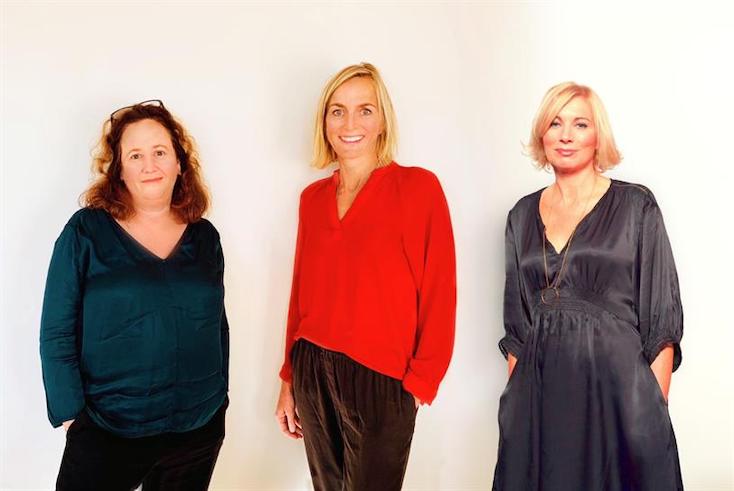Starting-up in a pandemic

Kate Merritt, co-founder of Liberty Hive discusses what she’s learned from launching a business in the most challenging of years
When Liberty Hive was registered at Companies House on 4 March 2020, myself and fellow founder, Laura Braithwaite, had very little idea of what extraordinary challenges lay ahead.
After a year in development and having finally launched our online membership platform to connect experienced freelance media talent with agencies, media owners and marketers, we have learnt a lot.
Liberty Hive is a new tech-led talent business offering a flexible working community. It was born from a vision to reimagine the way talent worked in the media industry.
Concerned by the rising levels of experienced talent leaving media and advertising, lack of diversity and inclusion, a growing number of unfulfilled colleagues, plus figures that showed 44% of people in media wanted to work differently, we set out to find a new way of supporting talent that wanted to work in a more flexible way.
But as anyone launching a new business will tell you, the first few years are the toughest so imagine how a pandemic can shake things up.
In this case, what we quickly discovered was that there was more desire for flexibility than ever before and, as a result, our vision was accelerated – post Covid there is now an estimated 91% of UK workers who want to work more flexibly.
Today, Liberty Hive has over 250 specialist consultants in its community. We are working with some of the biggest agencies, media owners and brands in the industry and we’re about to get second round of funding to develop the technology platform further.
The importance of our gender was not something that initially crossed our minds.
However, it was evident throughout the initial launch that being female entrepreneurs in tech has attracted much celebration.
The Alison Rose Review published this year highlighted this and it’s unsurprising why: for every £1 of VC investment in the UK, all-female founder teams get less than 1p.
[advert position=”left”]
Additionally, female entrepreneurs are 17% more likely to struggle balancing business demands with family life. Something we experienced ourselves soon after the pandemic hit.
Having listened, adapted and evolved over the past year, here are seven things Laura and I have learned:
Face-to-face is precious
Not being able to meet up and get the face-to-face benefits of sharing ideas is tough. However, we quickly adapted to Zoom and the application provided a unique opportunity for us to meet every single consultant within our community. We also found ways to help set up the business through a series of other online tools, including Trello, Slack and Notion.
Spend time finding the right tech developer
Laura and I spoke to a number of developers and, whilst going abroad has advantages in terms of cost, the strategic value you get from working with someone in the UK has been invaluable. There are also a number of government grants available for supporting UK businesses so these can help when starting out.
Don’t go straight for all the bells and whistles
As a tech start-up, it is tempting to want to create a piece of tech that has everything you want thrown in. Working with an excellent tech developer meant we could have honest, strategic conversations about what was required, versus what we wanted. In the long run, sticking to the Minimal Viable Plan has proven to save money and time in avoiding developing features your customers don’t need.
Learn from your consumers
Open, different, curious and generous are the Liberty Hive values. Listening to and seeing how people use the tech was fundamental in developing the scope of work for the second round of funding. There are buttons and things we would never have dreamed of six months ago.
Set boundaries
Starting a new business means you will be thinking about it 24-7. It is exciting and your brain is constantly racing. But it is important to set boundaries. Liberty Hive is about flexible working so as founders, we try and live by that too.
When to get support
As well as onboarding a hugely supportive chair, Pippa Glucklich (pictured top right), we received both advice and tangible partnerships from other start-ups, individuals experienced within the media industry and companies similar to ours but in different industries.
Don’t cut corners
It is tempting to cut corners, particularly around expensive legal matters. Early trademark issues meant revisiting a logo and paying to rebrand. It comes back to bite you in the end.



